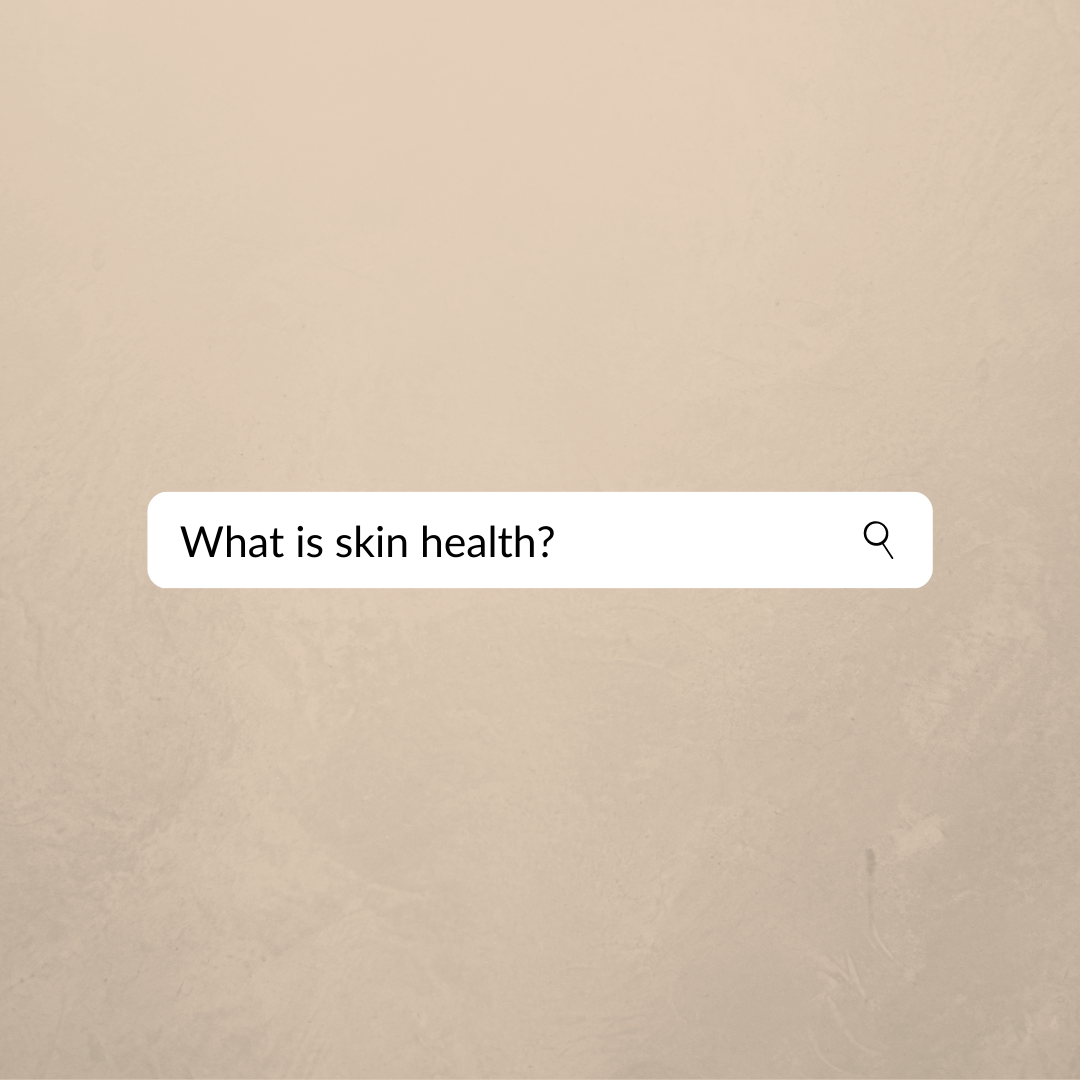Do you wonder how taking care of your skin can help optimize your health?

Do you wonder how taking care of your skin can help optimize your health?
The skin is the LARGEST organ in the human body, and it protects us from infection and extreme temperatures as well as balancing our body fluids. Let’s dive deep to discover the function that the skin plays in the body as well as the internal and external effects that factor into skin health.
Skin Functionalities
The skin has a variety of unique functions. It protects you from threats, it regulates your body temperature, and it allows you to feel objects all around. Chemicals, moisture, germs, mechanical stress, extreme temperatures, and sun rays are all forms of trauma that can affect the body. Collagen is an essential building block for the skin; it provides strength, and structure holding it together like glue. The skin is a barrier to harmful infections and germs. There is no doubt that too much heat or cold can have negative effects, so the skin’s intricate blood supply regulates body temperature to support you in extreme temperatures. The skin allows you to feel a whole bunch of protective sensations such as warmth, cold, pressure, itching. These sensations trigger a reflex or help you act, like discontinuing the use of a sample face mask if you feel pain or itching. The deepest layer of skin produces hormones working as messengers to control and coordinate life-sustaining activities in the entire body. The skin functions nonstop to support your wellbeing.
External Nourishment
The skin is stretchy, waterproof, and comes in different shades. At first glance, the external look of the skin is an outer reflection of your inner health. Long-term exposure to the sun, tobacco smoking, and pollution are some examples that can affect your skin's outer appearance. Sunscreen is important for long periods in the sun since long-term exposure to the sun can cause premature wrinkles and skin damage. Interestingly, to naturally synthesize Vitamin D for healthy skin, you need to allow sunscreen free skin exposure to the sun. It is recommended that approximately ten to thirty minutes daily is sufficient. Smoking depletes many nutrients essential for skin health. Environmental pollutants can generate oxygen fragments otherwise known as free radicals. Over time, free radicals erode the skin leading to dryness, loss of elasticity, fine lines, and wrinkles. Along with external care such as washing, toning, and moisturizing, a healthy lifestyle is crucial in fighting harmful free radical effects.
Internal Nourishment
Skin reflects the general inner-health status and aging of a person. Consuming nutritious and minimally processed foods, proper hydration, relaxation, regular exercise, and adequate sleep is essential in living a healthy life and supporting skin health. Nutrients such as Vitamin C helps build collagen, B vitamins help with dry flaky or oily skin, Vitamin A prevents premature wrinkling or bumpy, sandpaper-like skin, Vitamin E may help reduce free radical damage and slows the aging process of the cells, and Zinc is important for healing cuts and scrapes. Also, HYDRATE, HYDRATE, HYDRATE! Around six to eight cups of water daily keep the skin moist and regulate the normal function of oil glands. Nourish yourself internally with an adequate intake of vitamins and minerals to support your overall digestion to improve skin health.
Infection fighting, temperature regulating, and body fluid balancing, our skin does the most for us. Consume a balanced nutritional diet, follow sun-safety precautions, and live a healthy lifestyle to support your skin. If you treat it right (internally and externally), it will function right.
What steps will you take to support your skin health?
